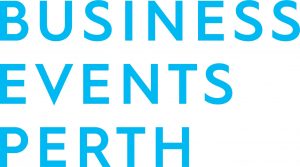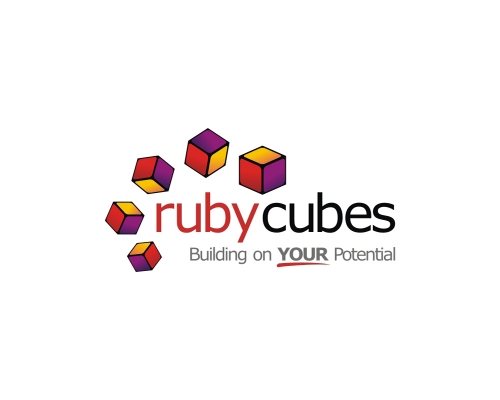Creating Compassionate Communities Conference 2022
The inaugural Phoenix Creating Compassionate Communities Conference was held on Wednesday 12 October 2022. This highly successful event fostered networking across the sector and provided delegates with important information on early intervention to prevent child sexual abuse and childhood trauma. From the Hon. Simone McGurk’s address, to the interactive, trauma sensitive yoga session delivered by Coby Greer, the Conference was a unique opportunity for professional development and access to national resources and strategies. The aim of the Conference was to generate conversations around how we create compassionate communities together, how to build respect and what is shaping our society? How do we influence young minds and hearts surrounded by social media messages and pornography that are contrary to supporting the development of respect, or fostering compassion for others or demonstrating that love and kindness are the foundation on which healthy relationships are built? Preventing childhood sexual abuse and trauma is everyone’s business!

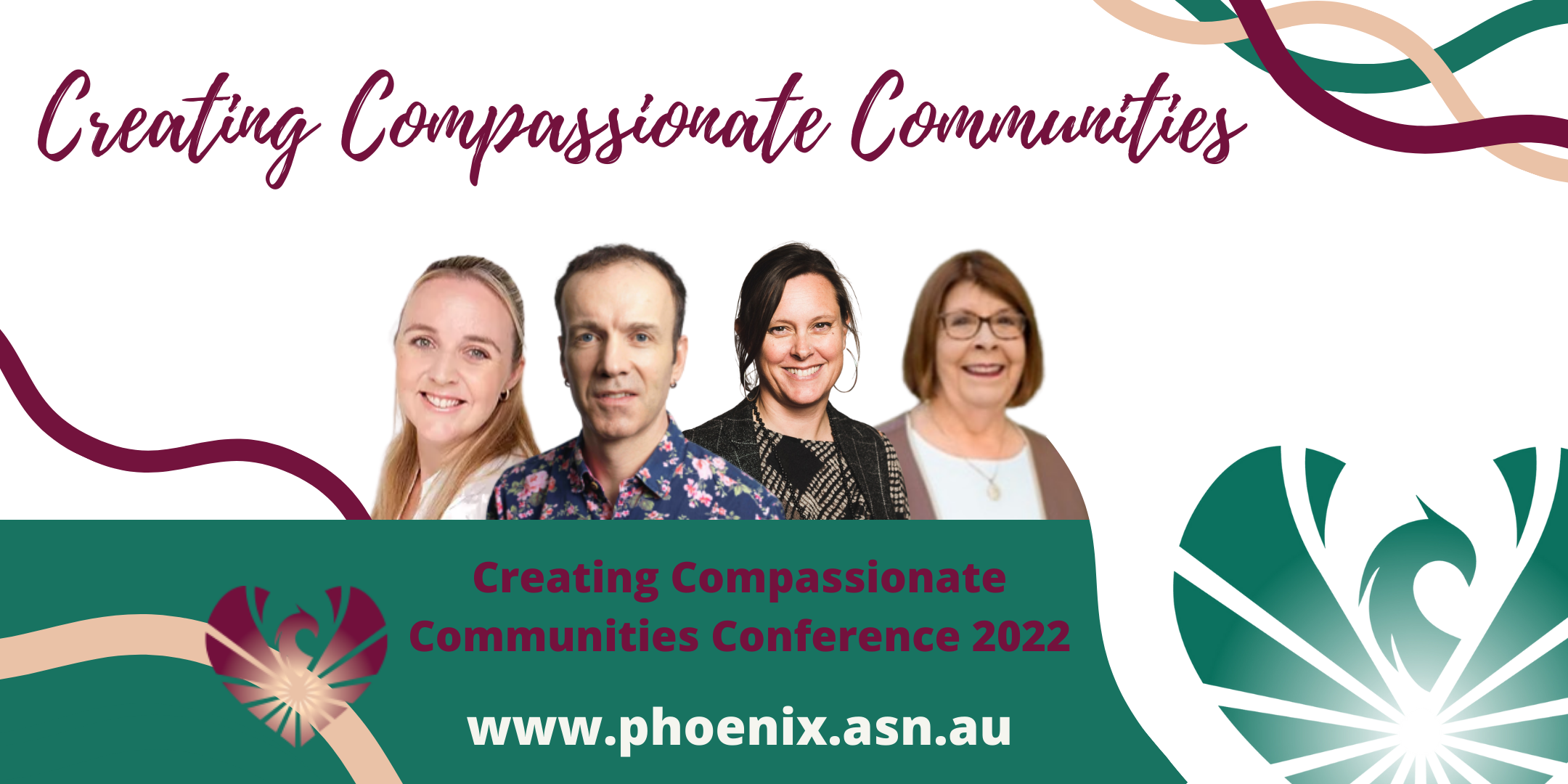



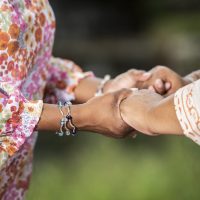
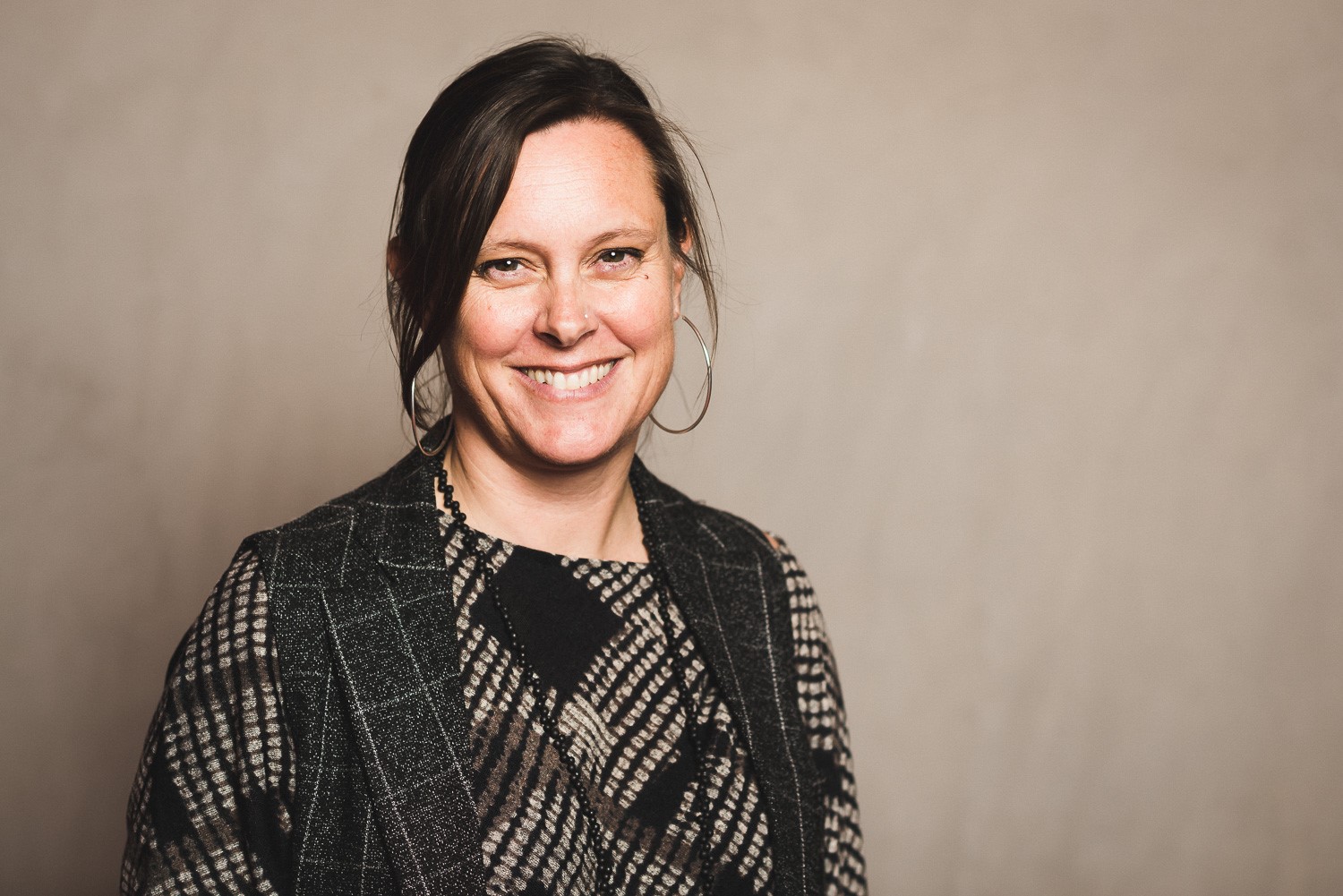
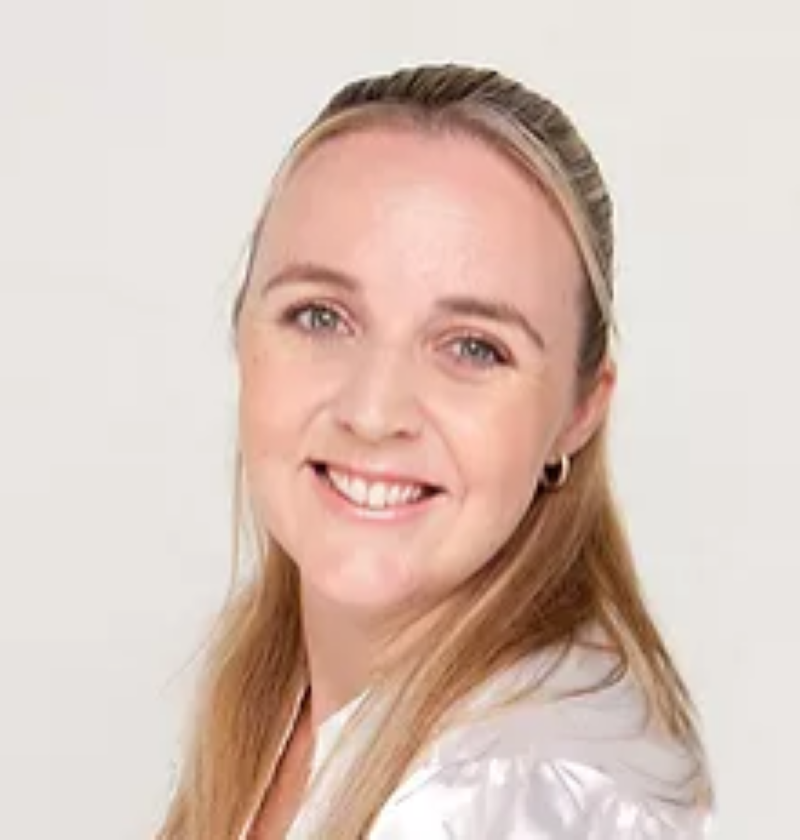
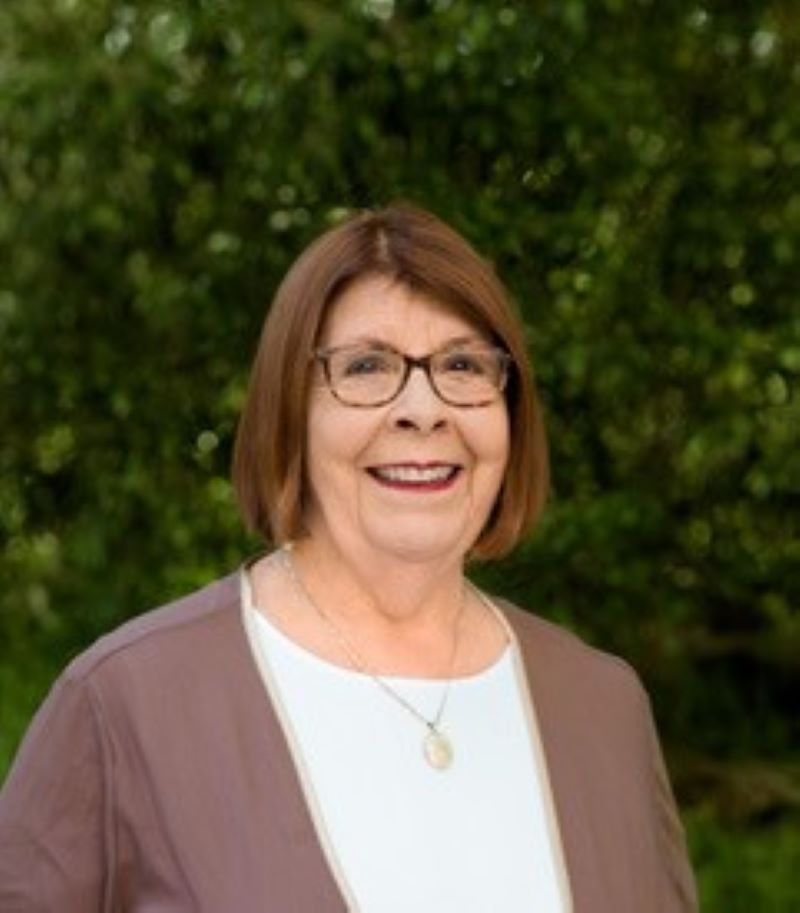
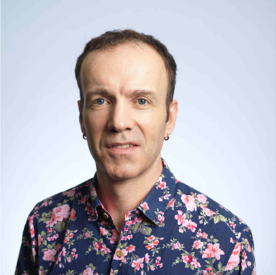
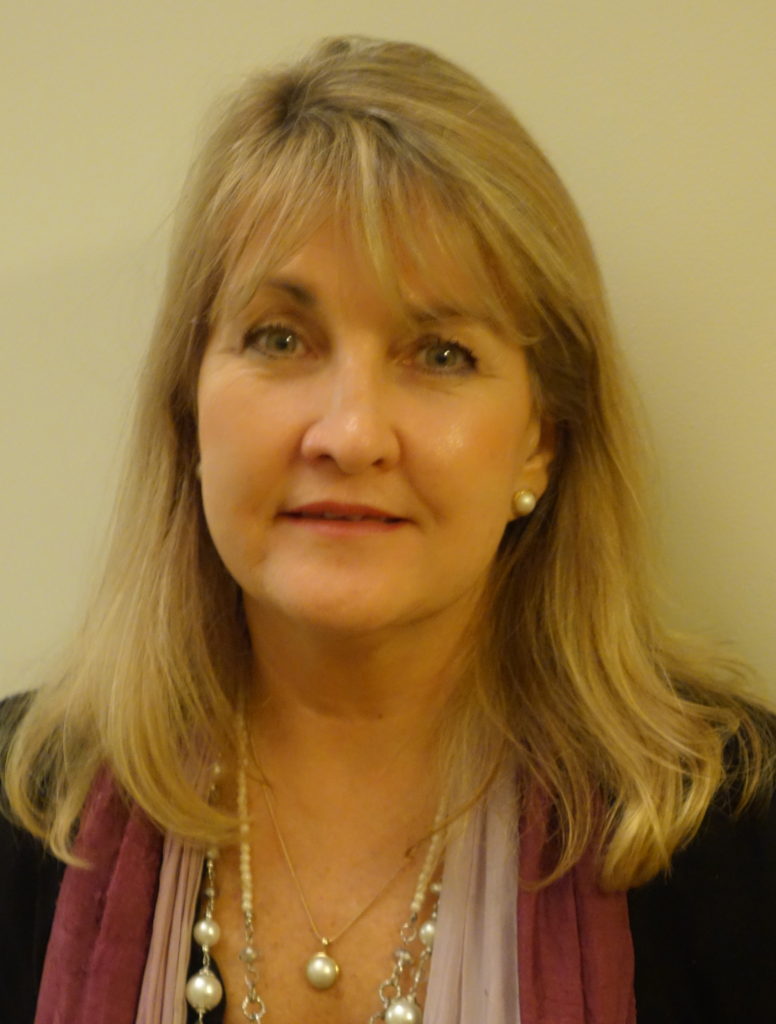
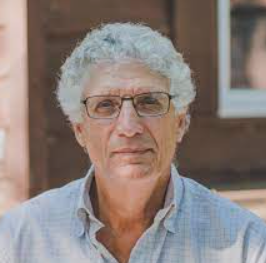 Dr Stuart Shanker is Distinguished Research Professor Emeritus of Philosophy and Psychology, internationally celebrated speaker, thinker, and writer. Dr Shanker is one of the world’s leading authorities on self-regulation. Stuart trained intensively in child psychotherapy under Stanley Greenspan; he was the Director of the Milton and Ethel Harris Research Initiative at York University; President of the Canadian Council of Early Child Development; Director of the Council of Human Development; and has served for many years as an advisor to Government and education organisations across Canada and internationally.
Dr Stuart Shanker is Distinguished Research Professor Emeritus of Philosophy and Psychology, internationally celebrated speaker, thinker, and writer. Dr Shanker is one of the world’s leading authorities on self-regulation. Stuart trained intensively in child psychotherapy under Stanley Greenspan; he was the Director of the Milton and Ethel Harris Research Initiative at York University; President of the Canadian Council of Early Child Development; Director of the Council of Human Development; and has served for many years as an advisor to Government and education organisations across Canada and internationally.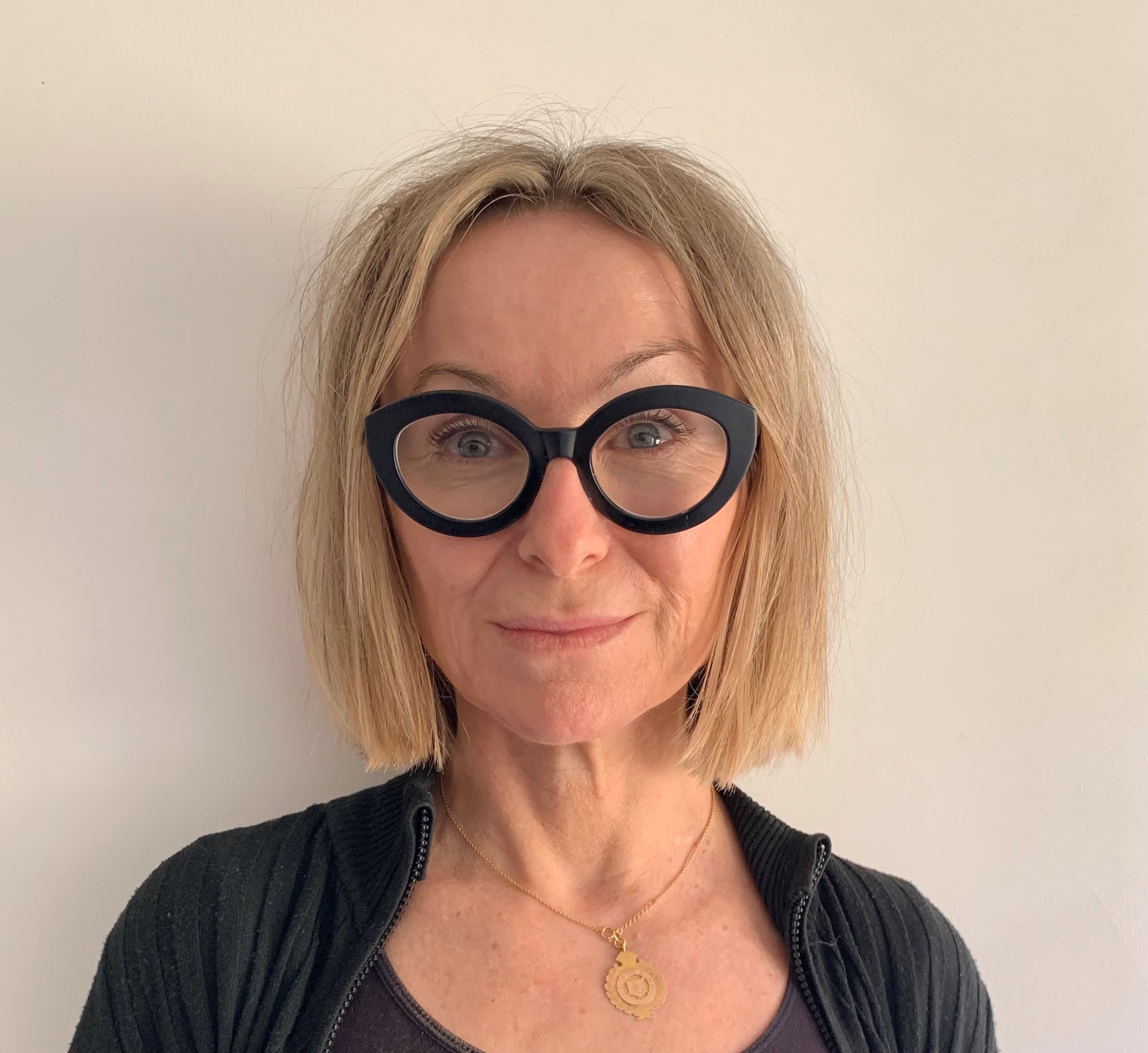 Coby Greer has 25 years of experience in human services. She is a counsellor (Ma. Counselling), clinical supervisor, psycho-educational trainer, certified yoga teacher, a Trauma Center Trauma Sensitive Yoga facilitator and is currently studying a post-graduate diploma in Family and Relationship Therapy. Coby believes that wellness and wellbeing are a right for all and is passionate about supporting people in their healing through the self-transformative practices of evidence-based psychological therapies; trauma-informed somatic modalities and complementary therapy.
Coby Greer has 25 years of experience in human services. She is a counsellor (Ma. Counselling), clinical supervisor, psycho-educational trainer, certified yoga teacher, a Trauma Center Trauma Sensitive Yoga facilitator and is currently studying a post-graduate diploma in Family and Relationship Therapy. Coby believes that wellness and wellbeing are a right for all and is passionate about supporting people in their healing through the self-transformative practices of evidence-based psychological therapies; trauma-informed somatic modalities and complementary therapy.